At 3P, We are designing a number of therapeutic resources for professionals working with children
Based on principles and ideas originating from ‘pascaleparadis.org: Toolkit to opportunities and challenges as global citizens website‘, Pascale writes texts that aim to empower parents and practitioners to support children and implement specific strategies. Pascale is also interested in developing story books for children about specific issues arising from practice. The ‘toolkit/des outils de travail’ consists of an important concept in Pascale’s writing.
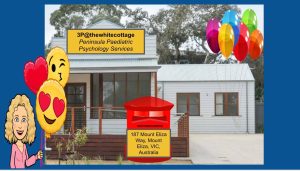
So exciting! After just a few very busy weeks! work available at 3P!
Work is available at 3P! We are looking at recruiting psychologists – provisional, early career and Ed and dev registrars
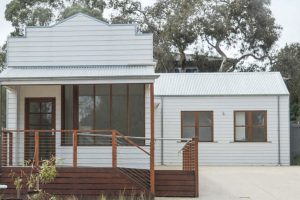
A Pretty Exciting News at 3P!
We have a pretty exciting news!We have been planning this for a while now and we are so excited
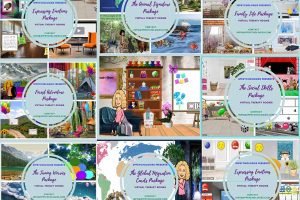
Resource #57: Virtual Therapy room checklist
Virtual therapy rooms have sparked many therapists’ attention as these can be really supportive when working online with children. These can also help storing
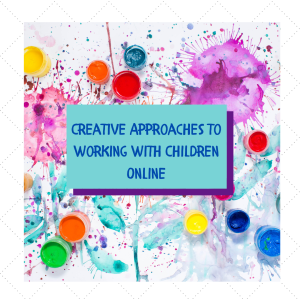
What’s on at 3P in 2021?
Thank you for being there and supporting 3P. In 2020, we have had over 45 000 visitors on our website

What if we were grateful for 2020…
I am seeing lots of newsfeed, posts and hearing comments about the need to get to 2021 urgently so that
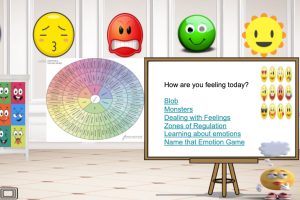
#Resources 56: Virtual Therapy Rooms
Whilst creating and finalising the content of the Creative Approaches when Working with Children Online, I came across Bitmoji Therapy
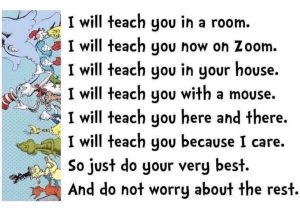
#Resources 55: How is home learning going?
Just checking in, how are you coping with home learning… I am not sure how you are going with home

News from 3P
3P Psychologies for Life AdventuresWe have a surprise at the end!!!What A Few Weeks!Busy, enriching, connecting, creatingIt has been an
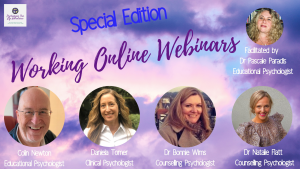
SPECIAL EDITION -Working Online WEBINAR SERIES 2
As a result of an evolving working context where many are opting to deliver services online, a group of psychologists
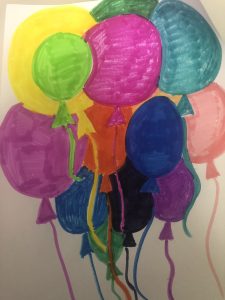
#RESOURCES 54: 10 MORE ACTIVITIES WITH CHILDREN FOR PSYCHOLOGISTS WORKING ONLINE
As I was writing my previous post on the topic (https://3ppsychologies.com/2020/03/21/resources-51-online-tools-and-10-activities-for-psychologists-working-with-children-online/), I came up with other suggestions so I thought
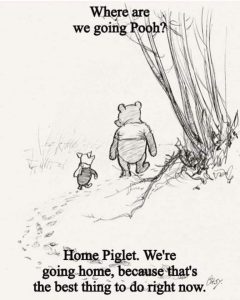
#RESOURCES 53: EVEN MORE ACTIVITIES TO DO AT HOME
As I was writing these two posts (https://3ppsychologies.com/2020/03/23/resources-52-covid-19-10-more-activities-for-home-you-are-not-alone/ https://3ppsychologies.com/2020/03/13/resources-48-covid-19-survival-tips-for-parents-10-activities-for-home/), I found I had more ideas and suggestions coming so here
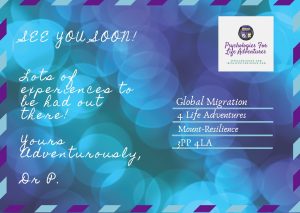
Training Package – Global Migration Webinars and 50 Counselling Cards
Information about the Counselling Cards Design We have designed 50 counselling cards related to global migration. The cards are designed

